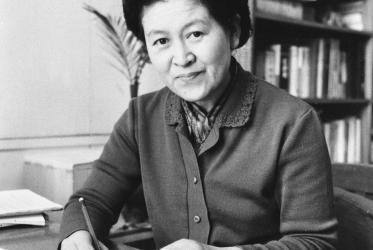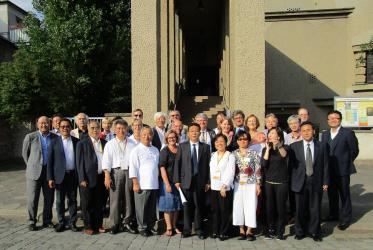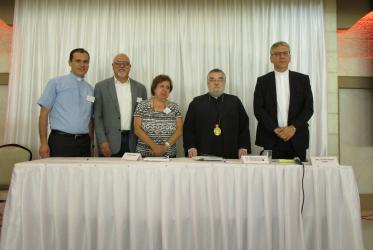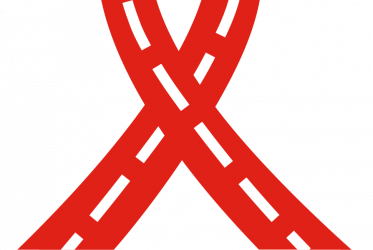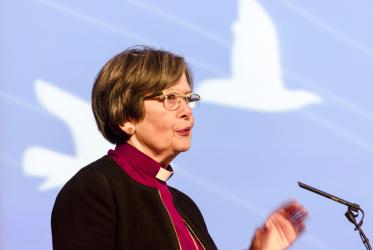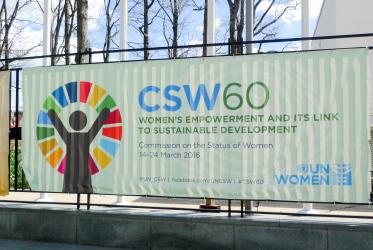Displaying 41 - 60 of 156
A tribute to former WCC president for the Asia-Pacific
27 April 2018
Guided by faith, hope and endurance
02 October 2017
Zambia: “On HIV, we do not compete. We work together.”
20 October 2016
Kenya: Voice of faith communities crucial in overcoming HIV
14 October 2016
Gender justice: over 70 years of struggle
06 October 2016
AIDS 2016: “Stigma kills more people than HIV”
17 July 2016
